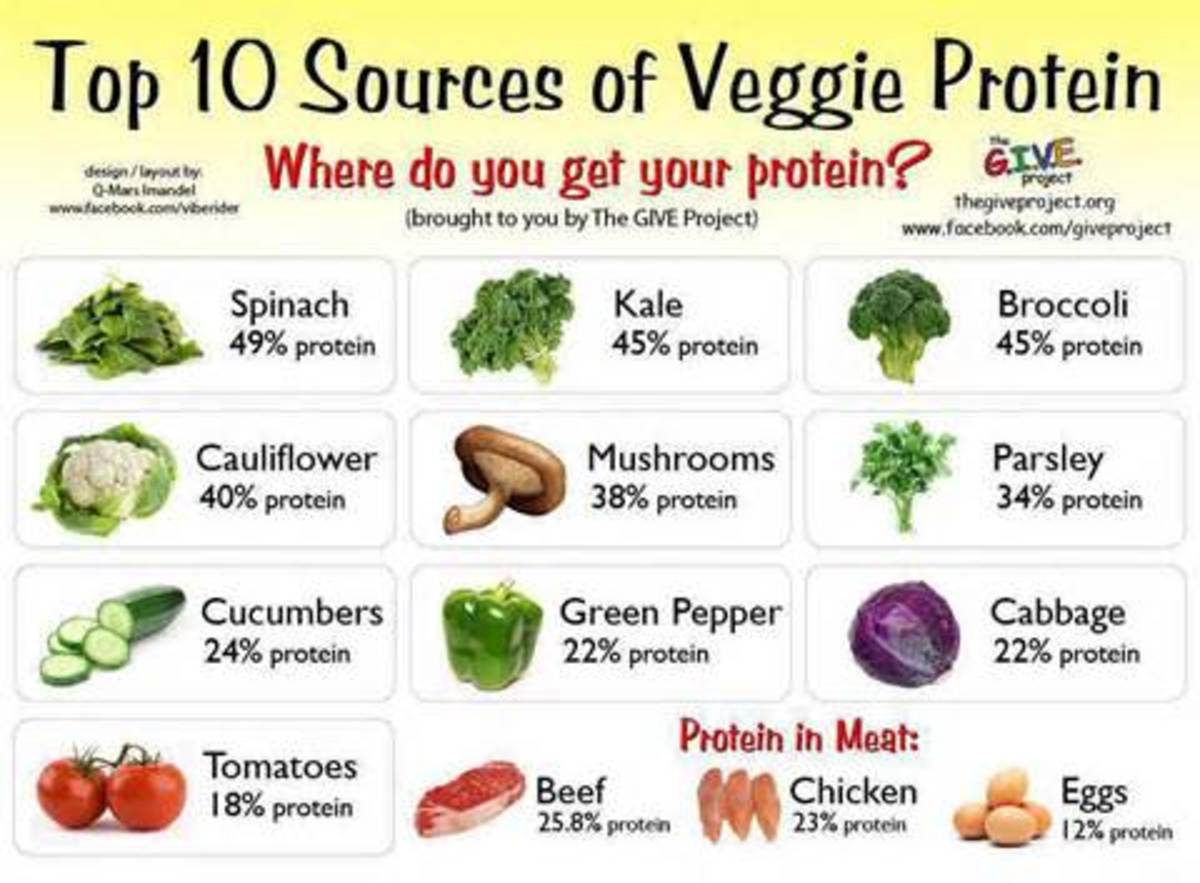The Truth About Soy

The Dangers of Soy Diet
Soy - The Antinutrient
I've seen so much hype about Soy recently claiming to be the "vegetarian protein savior."
Independent researchers paint a different picture of the innocent soy bean. I will extract the excerpts from studies which include the researcher and the institution.
Some Soy History
In November, 1999, the Third International Soy Symposium was held in Washington, D.C., sponsored by the United Soybean Board, American Soybean Association, Monsanto, Protein Technologies International, Central Soya, Cargil Foods, Personal Products Company, SoyLife, Whitehall-Robins Health-care and the soybean councils of Illinois, Indiana, Kentucky, Michigan, Minnesota, Nebraska, Ohio and South Dakota.
Presentations by scientists funded by these organizations marked the culmination of a decade of research intended to win FDA approval and consumer acceptance of soy products such as tofu, soy milk, soy cheese, soy sausage, and estrogen-like compounds including isoflavones, genistein and diadzen.
As we all know the FDA has got our backs and has everything under control. You also know that big business has no influence what so ever on this agency (does it stink yet). Anyway, review some of the facts and judge for yourself if Soy is worth it.
Dr. Francis Crinella at the University of California described how the soybean plant lifts up manganese in the soil and concentrates it, creating levels of manganese in soy formulas that are 200 times the level found in breast milk.
A newborn cannot excrete this extreme manganese load, creating high manganese levels in the blood, liver, kidneys and other soft tissues of the body, including the brain. Manganese overload has been implicated in cases of brain damage and movement disorders.
Dr. Joseph Mercola notes in his newsletter that soy formulas contain high levels of aluminum (1,000% higher levels than cow’s milk formulas) and the phytoestrogen substance isoflavones. He says that a soy-fed baby receives the equivalent of five birth control pills’ worth of estrogen every day. These babies’ isoflavone levels were found to be from 13,000 to 22,000 times higher than in non-soy fed infants. Early onset of puberty in girls and abnormal development of testes in boys have been linked to this unnatural surge of hormones in early life
Irvine C, Fitzpatrick M, Robertson I and Woodhams D (1995). The Potential Adverse Effects of Soybean Phytoestrogens in Infant Feeding. NZ Med J, 108: 208-209.
More Reading
There are always two sides to every story. You must decide for yourself who is right and who is wrong.
But historically, when companies try to mass produce a product for profit, the priority for health always seems to get lost in the shuffle. I guess when you are trying to manufacture a product for mass consumption a few casualties is to be expected.
If you search Google you will find studies and articles that will keep you busy for years - good luck!
Searching for Good Things About Soy
Americans began adding more soy to their diets in recent years because scientific studies suggest that various soy products offer possible health benefits. These benefits include the lowering of cholesterol and reducing the risk of heart disease.
However, soy health claims are not necessarily applicable to all soy foods – just foods containing soy protein.
Therefore, only foods identified as containing "whole soy" or foods that specify soy protein, are likely to offer these health benefits.
Research is continuing on the health effects of isoflavones, one of the naturally occurring chemicals found in soy beans. It’s important to note that some people may be allergic to soy bean products.
Can Soy Reduce Cholesterol and Heart Tissue Deterioration?
In countries with high soy intake the rates of cardiovascular diseases is relatively low.
Research suggests that soy may help to prevent heart disease by reducing total cholesterol, low density lipoprotein cholesterol and preventing plaque buildup in the arteries, which could lead to stroke or heart attack.
These health benefits are also mainly attributes to the soy isoflavones and saponins. The soy isoflavone genistein may increase the flexibility of blood vessels, whereas saponins may have potential to reduce blood cholesterol.
So there you have it. The pros and cons of the soy bean. We hope you will continue the quest for the truth about soy. I guess if this were the only problem we had when it came to what to and what not to eat life would be good, but it's just another debate among many out there in food land.
For more relevant Health information visit the Health Hub.








